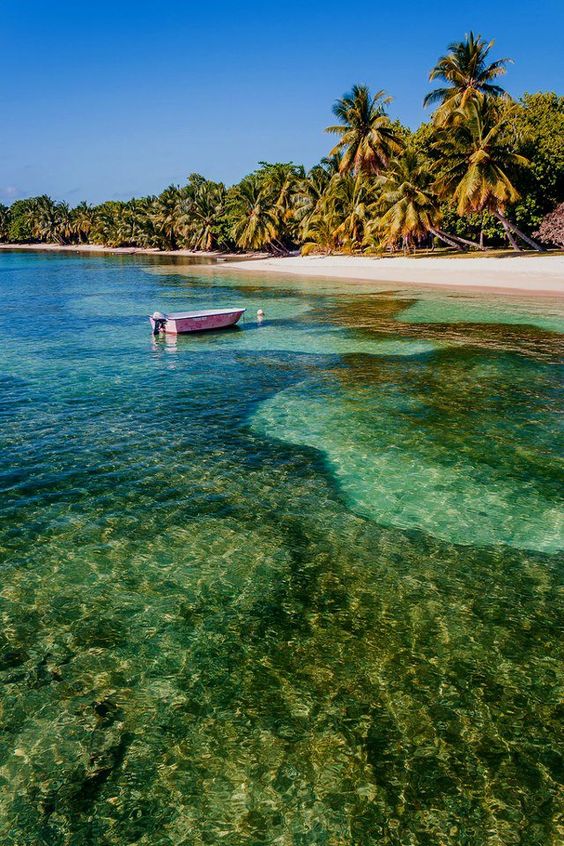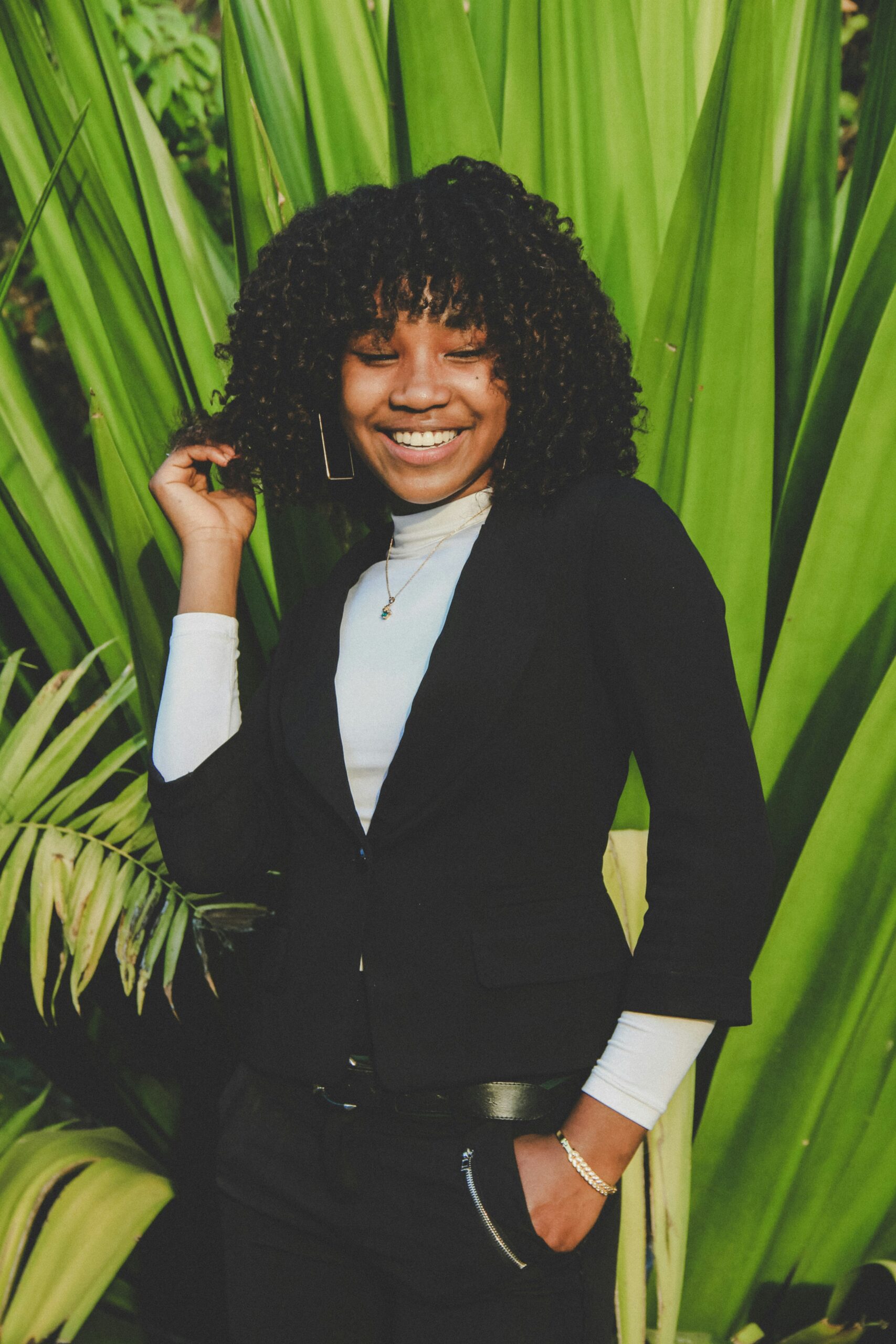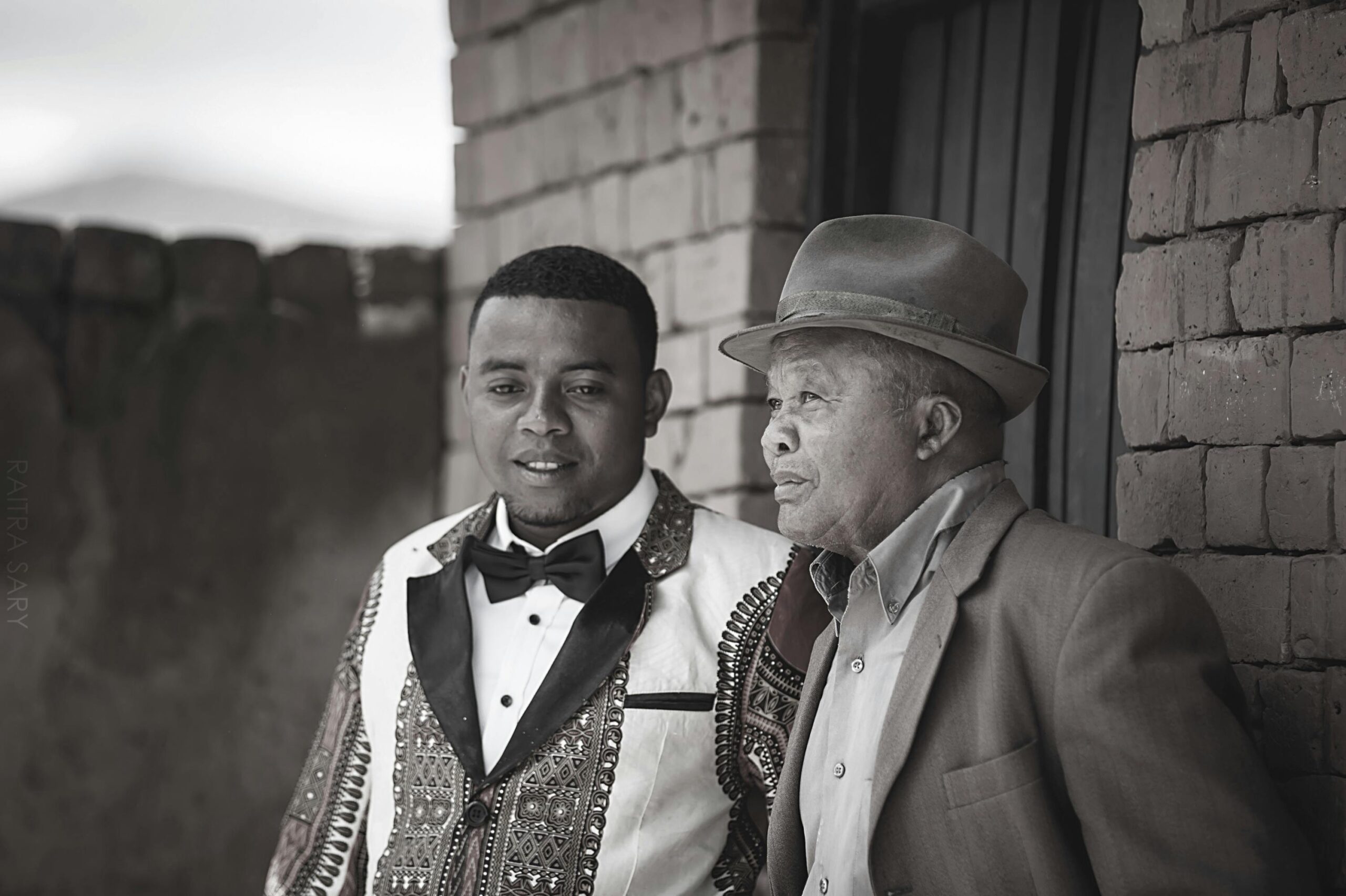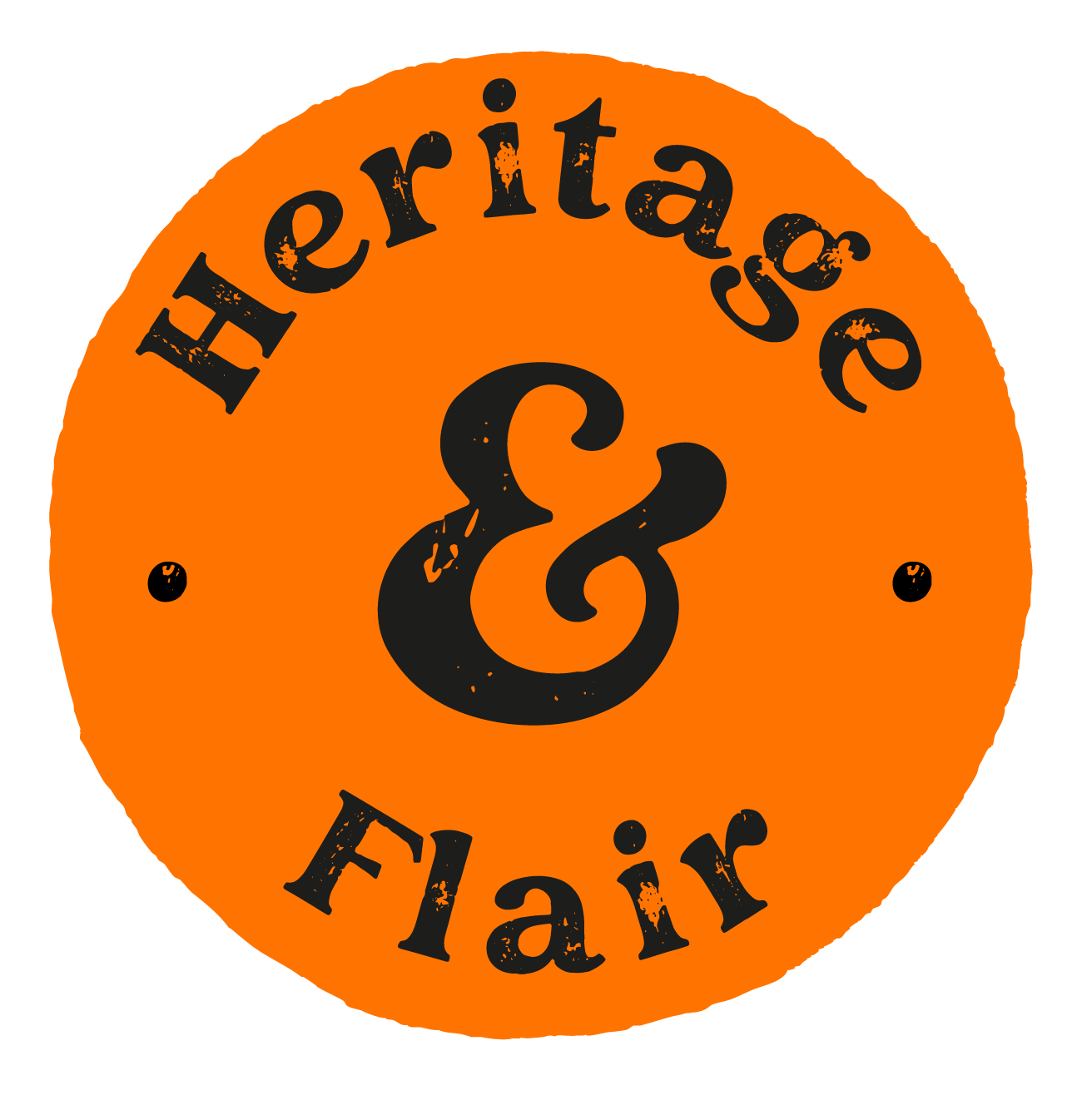
MADAGASCAR
Madagascar, an island nation located off the southeast coast of Africa bordered by the Mozambique Channel to the west and lies in the Indian Ocean. Magagascar is the fourth largest island in the world. The capital city, Antananarivo, serves as the economic and political heart of the country. Malagasy is the national language, with French also widely spoken due to the country’s colonial past.
Madagascar’s history is as fascinating as its geography. The island was first settled by Austronesian peoples from Southeast Asia around 700 CE, followed by Bantu migrants from Africa. By the 16th century, the island was home to several powerful kingdoms, including the Merina Kingdom, which would eventually unify much of the island in the early 19th century. In 1896, Madagascar was colonized by France, and it remained under French rule until gaining independence in 1960.
Madagascar is a republic with a multi-party political system. A president serves as head of state and a prime minister as head of government. The political landscape has been marked by instability, with several coups and periods of unrest affecting the country’s development. However, Madagascar has made significant strides in recent years, with a focus on economic reforms and sustainable development..
The country’s economy is heavily dependent on agriculture, particularly the export of vanilla, cloves, and coffee. In fact, Madagascar is the world’s largest producer of vanilla.
The island is also rich in mineral resources such as nickel, cobalt, and gemstones, which contribute to its export economy. Tourism plays an increasingly important role as well, with visitors drawn to Madagascar’s unique wildlife and natural beauty.
Madagascar is often referred to as the “eighth continent” due to its incredibly diverse ecosystem. The island is home to an estimated 5% of all known animal and plant species, many of which cannot be found anywhere else on Earth. From the iconic lemurs to the towering baobab trees, Madagascar’s wildlife is a primary draw for scientists and nature enthusiasts alike.
Madagascar’s cultural identity is a unique blend of African, Asian, and Austronesian influences, shaped by the island’s history of migration and trade. The Malagasy people, composed of 18 major ethnic groups, have distinct traditions, languages, and customs. The Merina, Betsileo, and Sakalava are among the largest ethnic groups.
Traditional music, known as “hira gasy,” and the “savika” (a form of bullfighting) are central to Malagasy cultural celebrations. The island’s art forms include wood carving, weaving, and embroidery, Malagasy cuisine combines rice with a variety of local ingredients like zebu (cattle), seafood, and fresh vegetables.
Hidden Insights: Uncovering Madagascar
1. Avenue of the Baobabs: One of Madagascar’s most iconic landmarks, the Avenue of the Baobabs is a striking row of ancient baobab trees lining a dirt road in the Menabe region. These towering trees, some over 800 years old, create a dramatic and unforgettable landscape..
2. Isalo National Park: Located in the southwest of Madagascar, Isalo National Park is known for its stunning sandstone formations, deep canyons, and natural swimming pools. The park offers incredible hiking opportunities and is home to several species of lemurs.
3. Tadrart Acacus: Nosy Be: This tropical island off the northwest coast of Madagascar is famous for its crystal-clear waters, coral reefs, and white sandy beaches. Nosy Be is a popular destination for tourists looking to relax, dive, or explore the island’s rich marine life.
4. The Tsingy de Bemaraha: A UNESCO World Heritage site, the Tsingy de Bemaraha is a unique landscape of sharp limestone formations that rise up from the ground, creating a maze of peaks, cliffs, and caves. The park is home to a variety of wildlife, including lemurs and rare bird species.

Photo by Jordan Mcgee

Photo by Christian Jaberg
Capital City: Antananarivo
Population: 29,452,714
Nationality: Malagasy
Location: Southern Africa, island in the Indian Ocean, east of Mozambique
Languages: Malagasy (official) 99.9%, French (official) 23.6%, English 8.2%, other 0.6% (2018 est.)
Religion: Church of Jesus Christ in Madagascar/Malagasy Lutheran Church/Anglican Church 34%, Roman Catholic 32.3%, other Christian 8.1%, traditional/Animist 1.7%, Muslim 1.4%, other 0.6%, none 21.9% (2021 est.)
Area Total: 587,041 sq km
Madagascar Embassy/High Commission in UK
Address:
One Knightsbridge Green, 5th Floor
London SW1X 7QA
United Kingdom
Website:
www.mdg-london.org
Correcting The Map: The True Size Of Africa
The Mercator Projection downplays the size of Global South continents as it makes the Global North look larger
Heritage: What shapes us?
When heritage is mentioned, our minds often leap to the spectacular and the visible: the grandeur of world heritage sites, the majesty of traditional attire, the vibrant swirl of dances and festivals, or the melodies of mother tongues. These are the showpieces of...
HER-itage: Africa’s Phenomenal Queens And Leaders
Honouring and celebrating the incredible contributions of women throughout African history. These remarkable women have shaped nations, led revolutions, and stood against oppression with unwavering resilience. These queens, warriors, and visionaries broke barriers,...
